The name of this hall is taken from Ban Gu's “Western Capital Rhapsody “ dating from the Han Dynasty: “Scholars depended on the virtue of their famous ancestors, and farmers worked the irrigated acres of their predecessors”. In other words, in a family dedicated to cultivating both the land and the moral and literary virtues, those who study should study hard and practice the virtues of their saintly forebears, while those who farm should work hard at farming and making the fields of their ancestors productive.
The existing house has two courtyards, with a foyer, a front courtyard, a principal hall and a back courtyard on the central axis, and a two-storey Xiangfang on the left and right of the front courtyard. The two-storey principal hall is three rooms wide. The current state of the house is fairly intact, and the interior of the house is correspondingly orderly. The building area amounts to 2264.23 square metres.
According to the Genealogy of the Wu family, this hall was built by Wu Xixian, the 31st generation grandson (1819-1894, a student in Directorate of Education), who had eight sons, namely Zengfu, Zengshou, Zengyuan, Zengkui, Zengqing, Zengyin, Zengzhou and Zengrong. It is said that Wu Xixian died before the house was finished, but his wife was virtuous and capable, and she borrowed money from her eight daughters-in-law to build the house paying them back when the house was finished. Hence it was named Bafengtou. On the lintel of the small door on the east side of the back patio, in recognition of her virtuous character, are the words “Qingji Xuanting” (庆集萱庭Xuanting means the place where a mother lives and the whole phrase celebrates the longevity of mothers).
It is said that the wood for the house was first purchased in Shisandu Keng (十三都坑now Danzhu Township). The wood was chopped and stacked by the stream, but before the wood could dry, a heavy rain caused a flash flood and all the wood was washed away. The wood was later purchased again from the area around Kesi Village in Tianshi Township.
On the north side of the lintel of the front hall’s door are the words 'Douchen Gaozhao 斗辰高照(lucky stars up in the sky)', and on the north side of the lintel of the main hall are the words 'Caiying Qiangyuan彩映墙垣(shining on the walls)', flanked by patterns relating to 'fishing, tilling, woodcutting and reading渔耕樵读'. The existing doors and windows of this hall were replaced during a recent renovation, and the original doors and windows have been destroyed.



